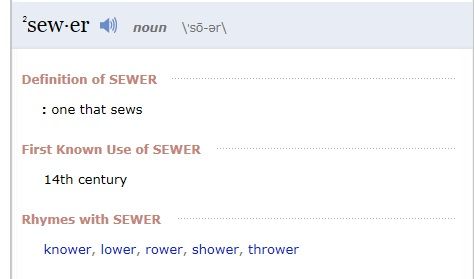
Merriam-Webster cites the first usage of the word "sewer" meaning "one that sews" in the 14th Century.
This may be opening a can of worms, but I’m curious. How do Threads readers refer to themselves in terms of their sewing hobby? Are you a “sewer” or “sewist”?
According to the Merriam-Webster Dictionary and others, the first known use of the word “sewer” to mean “one who sews” occurred in the 14th century. Over time, a variety of terms have evolved to describe those who sew garments. “Sewer” remains the often-used term, but “sewist” is popular, especially among sewing bloggers and those who post on Instagram and other social media. Let’s take a look at ways to describe ourselves as practitioners of our favorite hobby.
The gender argument
We have read arguments that “sewist” is preferable to “sewer” because it is genderless. We agree that it is gender nonspecific, but “sewer” is equally inclusive. If you are interested in a nonfeminine term, then it is best to avoid “seamstress” or “sempstress,” which share a traditionally feminine suffix. Speaking of suffixes . . .
The suffix question
Some individuals prefer “sewist” because they see it as a combination of “sew” and “artist.” It is more likely an example of a basic method of forming a noun from another word (usually a noun, but not always), by adding the suffix “ist.” In standard English, this ending is typically affixed to nouns to form another noun meaning “someone associated with or in some way involved with” the noun. Examples are wide-ranging: “violinist,” “biologist,” “Buddhist,” and so on. In many of these cases, the root noun is somewhat conceptual or even spiritual.
Typically, to create a descriptor noun from a verb, to indicate a person who performs that verb, one adds “er” or “or” at the end: “hairdresser,” “woodworker,” “sailor,” “editor,” and so on. “Maker” is a favorite term these days for anyone who creates just about anything tangible. It brings to the fore the way the “er” suffix is associated with hands-on craftsmanship.
Thus, some may prefer “sewer” because it comes closer to their understanding of sewing as a practical skill, even if they also exercise artistic creativity in their sewing practice. A “sewer” is someone who sews. We could argue that “sewist” suggests someone who is not serious about sewing, or who thinks about it, but doesn’t get to their machines very much. However, the people we know who call themselves “sewists” are deeply committed to the process of sewing and do a lot of it. Even if they call themselves sewists, they are also sewers.
First use of “sewist” in print
“Sewist” is not a recently invented term. To find out when and how “sewist” got into the English language, we did the sort of online research most folks will undertake, and found conflicting information. In a number of sewing-related sources (including this very website), authors state that the earliest appearance was in 1964, in a British science publication. This date turns out to be off by nearly 100 years.
A search through some American newspaper archives brought up a mention as early as 1868, in the Times-Democrat of New Orleans. In this citation, the word is used in the phrase “amateur ‘sewist’.” Additional citations from newspapers well into the 20th century employ “sewist” to indicate a female home sewer. Individuals who sewed professionally were more frequently called “seamstresses,” “dressmakers,” or “tailors.”
In most of the early instances, the word “sewist” is set in quotation marks, suggesting that it was not considered a legitimate example of the English language, and/or that it described a woman whose sewing activity did not produce income and, therefore, was of little consequence. Why did the word “sewist” have this apparently dismissive connotation?
The gist of “ist”
As it happens, the suffix “ist” was under fire at the end of the 19th century in other contexts. In 1894, a London newspaper published a grumpy article by J.T. Carrington, editor of Science-Gossip, a popular science magazine. Carrington objected strongly to the adoption in the British press of the word “scientist,” which had, since the 1830s, been promoted as a parallel with “artist.” “Scientist” was supposed to describe those active in a wide range of scientific fields, the way artist encompasses many types of artists. However, many scientific researchers pushed back, preferring to stay with the term “man of science,” as a parallel to “man of letters.” In a few decades, this was strongly disapproved of by the increasing number of women in scientific fields.
In his argument against “scientist,” Carrington said “Why not speak of . . . a sempstress as a ‘sewist,’ or a conchologist as a ‘shellist’? All these words . . . are equally abominable with ‘scientists.’ ” His article prompted a hot debate in the press, part of which stemmed from the fact that many in Britain considered “scientist” an Americanism, and, therefore, inferior or improper usage. It was also thought in Britain to be faintly tinged with charlatanism. (Is a scientific charlatan a charlatanist?)
These intellectuals seem to have had a snobbish attitude toward the introduction of new words where older words existed. In particular, they disliked using “ist” to create a descriptor noun from verbs or tangible nouns. Carrington’s argument is indicative of how language was used to police perceived professional status during this era. (Frankly, we doubt he thought much of sewing as a line of work, but he did seem to respect the traditional word for someone whose job was to sew.)
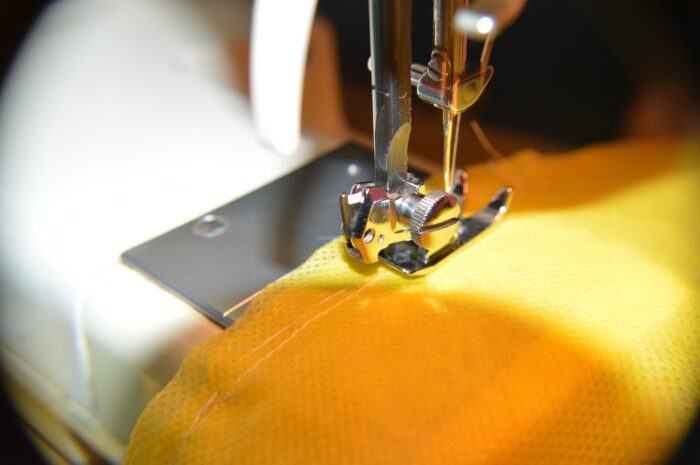
New meaning for an old word
“Sewist” continued to appear intermittently into the first half of the 20th century, primarily to describe amateur female sewing enthusiasts or women for whom sewing was just one of many areas of domestic labor. However, by the late 1990s, in a pleasing turn of events, there’s an uptick in newspaper articles that talk positively about the word “sewist.” They generally define a “sewist” as someone who sews for fun, relaxation, and creativity.
This new meaning gained traction in the early 2000s, and was possibly made more acceptable by the introduction, in 2005, of Janome’s “Sewist” machine model, which continued to be advertised through 2016. We also found an advertisement from 2013 seeking “Industrial Sewists” for apparel manufacture. This role would, in the past, have been advertised to “seamstresses.” Here, “sewist” seems to be an attempt at gender inclusivity and modernity.
Out with the old, in with the old
At least one article mentions the rejection of “sewer” because of unpleasant associations with its heteronym, the conduit for wastewater. If this similarity is a source of discomfort to someone who sews, they should certainly switch to “sewist.”
“Sewist” has been embraced by a new generation of sewing enthusiasts, who seek a less traditional moniker. They may not realize that the word has been used for more than a century and a half, often in a condescending manner. During all but the last 20 years or so, the term has not been free of sexism, no matter how genderless it may sound.
If we, as a community, choose to adopt “sewist” in place of, or in addition to, other expressions, we should understand its background. When we do, we can reclaim the word and imbue it with the sense of joy, creativity, and purpose we find when we sew.
Editor’s note: This article was first authored by Stephani L. Miller, former Threads special projects editor, and more recently revisited and written in 2022 by Carol J. Fresia, Threads senior technical editor.










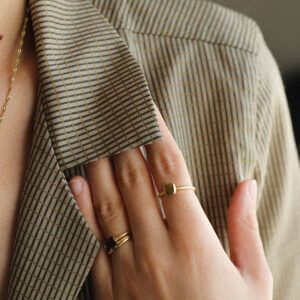
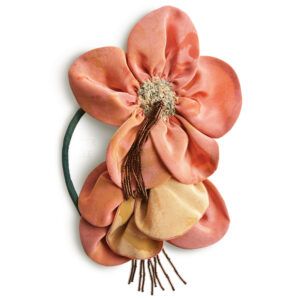
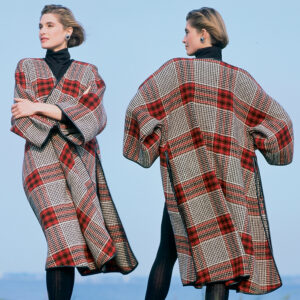
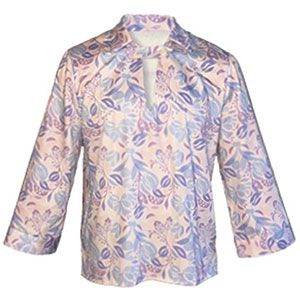
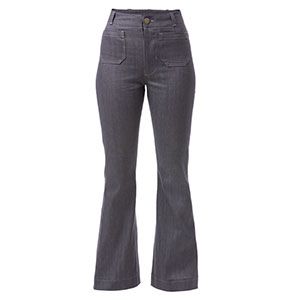
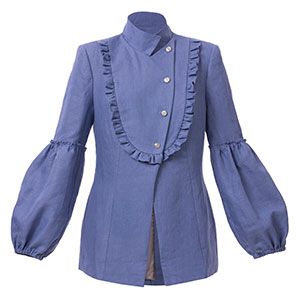
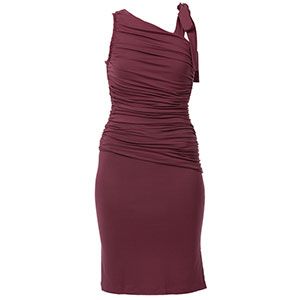
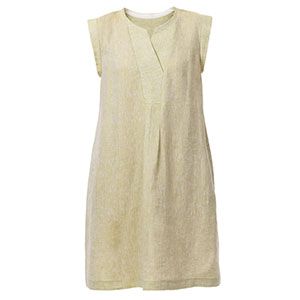
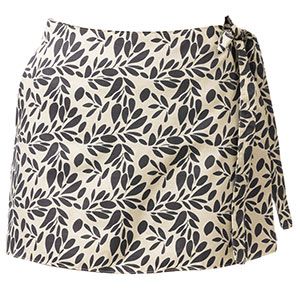
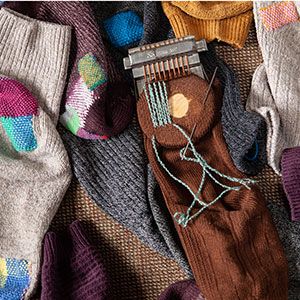
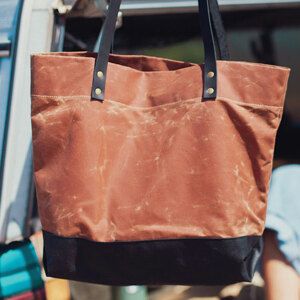
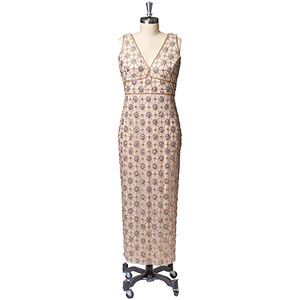
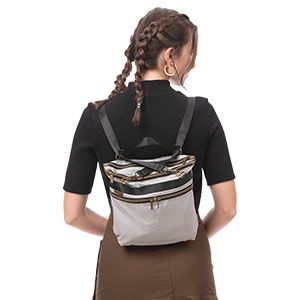
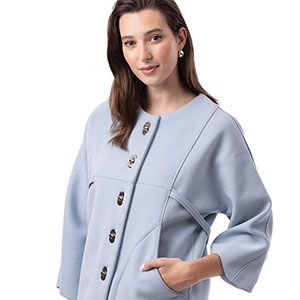
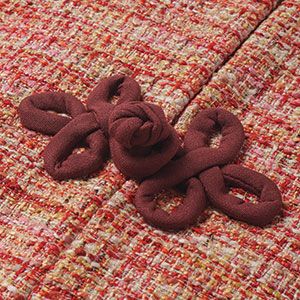
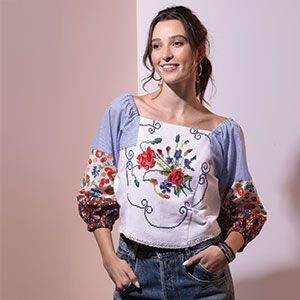





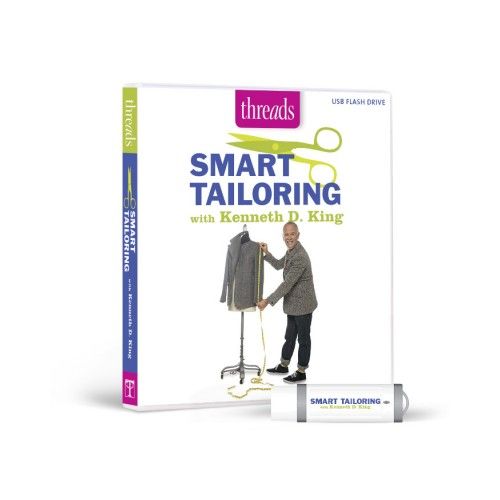
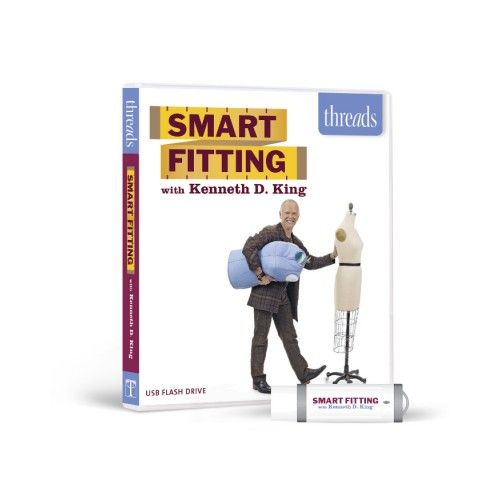
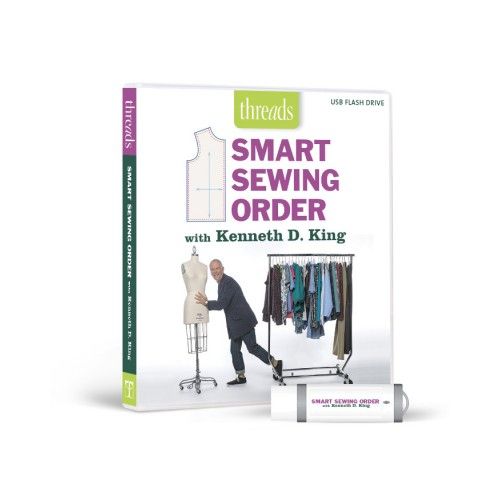



I like the idea of sewist, an artist who sews. What is the definition of seamstress?
I prefer sewer over sewist, but I wouldn't use either to describe what I do. We used to use seamstress, but I'm not fond of that either - seems a bit old fashioned and geared towards someone who sews just clothing. I actually think we need another term to describe what we do - fabric artist? textile artist? There has to be something better.
I like Sewist. When I write the word Sewer, it always reminds me of a drain, and not a good smelling drain. The drain that runs off the house and carries away household waste is also known as a sewer.
I am a Sewist, or a fabric artist.
I don't like either word. "sewer" is too easily misread for its other meaning, and. "sewist" sounds (to me, this is just a very individual reaction) self-conscious . And no way am I a fabric artist. I prefer to rephrase: I sew, she sews, a group of people who sew.
I'm with @elizabethdee on this one. I refer to myself as someone who sews, never a sewer. I'm interested in the word 'sewist' though, I wouldn't mind seeing it catch on but for the moment it feels too new and contrived for me.
I use "seamster." I really dislike "sewist." Maybe "sewwer"?
Simple - I sew, she/he sews, they sew. It's easy to conjugate conrrectly and there is no question about what is being done.
Sewist sounds contrived and sewer can be misread.
I like sewist. It's modern and as kmarsden says, it is good way of combining and describing one's skills as an artist who sews.
As a free-lance writer for several sewing publications, I do to use the word sewer, but hate typing and seeing it in print. I automatically think smelly, stinky. I do proudly state that 'I am a person who sews' and of course, if someone asked if I were a sewer, the non-smelling kind, I always answer yes!
Seamster. I like it that it sounds like a rough tough teamster rather than a wistful wishy washy sewist.
I can understand the issue people have with "sewer," but I'm with elizabethdee above who says "sewist" seems too self conscious. If I were to tell my kids I was a sewist, they'd roll their eyes at me, and most people I know wouldn't know what I was talking about. When someone asks about my hobbies, I tell them "I like to sew clothes."
While reading recently I happened across a very old word for seamstress, or one who sews...Sempstress. I like it! My Motto: "Yes I sew, No I don't fix broken zippers or hem pants. I'm an Artist".
I have a problem when anybody puts an 'ist' or an 'ism' on the end of any word. It makes them look like the narrow minded extremists that most people are who use these terms to describe themselves.
My grandmother was a professional seamstress. I like the word because it connects me to the history of the craft that I continue to learn. Historically sewing guilds were considered valuable craftspeople. The artistry of good sewing, regardless of the final product, has always been evident.
We don't call master carpenters a new name despite the evolution of new tools and techniques so why do i need "sewist"? The sewist term seems part of a linguistic trend that includes the redundant and increasingly ubiquitous "istic" and "esque".
I like sewer. I like the medieval origins of the word. It can have the unfortunate similarity to the drain analogy, and I kind of think that is funny, a little fun word play! I have an annoucement from a gallery near me that I have tacked to my cork board above my sewing table, that is for a fabric artist, having a show of her stuff, and it simply says Sewer, in black letters on a dingy grey background! It makes me smile when I look at it, and I like that it reminds me of the way we define ourselves and how we can break out of the box a word or a term can enclose us in. Sewist is fine too, and I don't think just because it isn't an official word and not in a dictionary, it should be disregarded. Language evolves with us and by us, and it takes to a new place in defining who we are. It makes me think of the first quilters, who took the quilt to a new place beyond the utilitarian, and made quilting an art form. That was a hard sell to people(I would say mostly men at the time), but it is a given now-art quilts are the norm. And I think I like seamstress too! I guess I like anyway a person defines themselves, as long as they keep on sewing!
I really dislike the word sewist. Fabric artist is much better. I don't know how anyone can mistake sewer (one who sews) with sewer (drain). One has to look at the context of the sentence.
Honestly this is the first time Ive read the term Sewist. Though im living in modern times, there something to be said about historical terms..I like seamstress,and sewer .And i too like the motto @trixienoe.
Seamstress, sewer... and now sewist! I'll take any of them as long as I can keep sewing. This argument reminds me of an old art school debate on whether crafts were really art. Artists often felt that anything that wasn't an original creation couldn't be described as art.
So often, we put our own creative spin on an idea we've seen and it evolves into something new. That's the best part of being a sewing artist, so I'll accept sewist as another apt way to describe what we do.
I agree with Serral. I've always used the word seamstress. Sewer is too easy to confuse with the word of another meaning and sewist sounds silly to me. I've been around long enough that I'll just stick with what I've always been.
Well, sewist is simply not a word. If it were, it would of course be an adjective. Stitcher, sewer or seamstress all work for me, but definitely not that non word!
I obviously prefer sewist despite the novelty of the term. As someone who has spent decades in the Fashion Industry the term provides separation for those who labour long in factories, shops and home based businesses from those who are sewing for personal style. As noted, the English language, like art and style, is constantly evolving. We gladly embrace terms like hobbit or spoof (see OED website) but hesitate over sewist. Bloggers, and textile artists alike are simply creating separation between the task and the art. I love it.
I'm an editor with a vengeance for biased language, so I refuse to use the sexist word seamstress. The term sewer works well when talking, but has obvious problems in print. Sewist and seamster are both good alternatives. Seamster has made it into my Merriam-Webster's Unabridged Dictionary app, but sewist has not. Annoyingly, the M-W app says seamster is usually used for men. That's not how to eliminate sexist language. Inclusive language is the goal.
Two years later here :-) I'm happy to have people claim whatever labels they want to claim; and I respect people's choices. I call myself a sewist because I am "one who sews". At age 61 I am just old enough to have been on the tail end of label discrimination in the employment world. That is, when the difference between seamstress & tailor, waiter & waitress, actress & actor, business analyst & secretary came down to one thing: Salary. So while I am very happy to be a woman, when it comes to other labels I avoid gender-specific terms as being not relevant. I'd be happy with "sewer" if it wasn't also the term for sewage. Even though I'm a passionate sewist for decades, I don't claim the label of fiber or fabric artist. But I am very happy to use that term for those who do! As for new words, I love language and know that we people to be part of its evolution :-)
Not "sewer" not "sewist" ... SEWISTA.
Like barista or fashionista. Combines art with technique.
I'm a sewista, how about you?
LOL. This question is easy for me. Let's look again at the definitions:
Sewist: a relatively new term, combining the words "sew" and "artist", to describe someone who creates sewn works of art, which can include clothing or other items made with sewn elements.
Sewer: an underground conduit for carrying off drainage water and waste matter.
Now matter how you pronounce it, the spelling is exactly the same as a very unpleasant word with a very unpleasant meaning. I choose Sewist. No Brainer.
seamster or stitcher, sewist? never.
Guess I'm old fashioned because I strongly dislike the term sewist. I don't like sewer or stitcher or any of those other terms. I refer to myself as a seamstress. I also use the terms, tailor, quilter and crafter.
i am not hidebound about titles and words, so standing on ceremony is not my motive for preferring the simple word sew. If I want to indicate the breadth of what I love about quilting, sewing and the constellation of tricks and artistic tendencies I have, then I say that I am a needle artist, since my interests are broader than any one "thread," as it were. I say I love the needle arts or I pursue the needle arts. Never once has anyone I've used this phrase seemed puzzled by what I'm saying about my abilities. There.
Hey! Let's not overthink this - we're needle artists!
People who are offended by the word "sewer" need to get their head out of the gutter. The two terms (one who sews, and the other - what's at the end of your drain) although spelled the same, are pronounced completely differently from each other. The English language has several of such words - spelled the same, pronounced differently, mean different things.
"Sewist" sounds like you're trying to make a political statement, and sounds pretentious (like you're trying to sound like you're somehow 'more' than all the 'sewers' of the past and don't want to be associated with them). Having said that, if I saw a poster for an exhibition of someone's work that used 'sewist', I'd think they were being pretentious and aloof and wouldn't go to their exhibit. At 60+ years of age, I don't support arrogance from anyone.
If you want to engage in an age-old craft, have the sense to respect the tradition - that includes traditional terms.
Doing income tax and looking for my title as I've just changed professions, and people, I am NOT putting 'Sewer' on the form as occupation. Can you imagine? nope. uhuh.
You folks who are hobbyists, that's all well and good but those of us who make our livings with the thread and needle might like to have a title that people don't look at on a non sequitur paper and say "what the heyyy..?"
I like Sewist, because I sew leathers as well as fabrics, so textile or fabric artist doesn't work either, and I don't make clothes,well, not often. I make, more like build, item specific cases and bags, usually custom. I make the patterns too.
Words become words because we use them. Remember 'truthiness'? Artist who sews works for me.
Sewist always sounded like a combination of hobbyist and sewer to me and so I think of people using that term as less professional, just sewing for fun. Maybe that was reinforced by its wide usage of bloggers? Anyhow, I don't mind how anyone wants to describe themselves but I do tend to take sewists less seriously. I have no problem at all with sewer. Considering how widespread sewing skills once were, an earlier term actually implies greater knowledge and skills, at least in my mind.
I like sew-er, hyphen makes the distinction w the end of the drain.
Think I'll try that.
I learned to be a seamstress, and I still like that term better than any other. I accept that sewer is more inclusive but, like Sewinator, I associate it with "the sewer" . . . bleah! So, of the options now available, I prefer sewist. I think has a competent ring to it, actually. If it were up to me, I would coin a new word; seamster, one who works with seams.
I don't care for titles because you would have to carry so many I love being a sewist because I love the artistry and creativity that comes with it, such as Quilters are more sewist than seamstress. As a seamstress seams like you are limiting your abilities.
Here's my problem with sewer - do a Google search on that, and you get what most people think of when they read the word "sewer". Yeah, it's great if you're pronouncing it, but how many of us do a Google search or read the list of sewing type entries by listening to it - hardly any! I'm a trained professional designer and I also sew. I am not a drain for the waist in my home - I am a sewist. To me, that is a term for sew + artist. I also teach, and I teach home (not sewers because they do not drain the waist, but) sewists. I am constantly instructing them on the art of their work. Sewing, to me, is as much of an art form as a musician, painter, ballerina or actor. Each has to know the skills of their craft and only then can they perform. Sewists are exactly the same. Yes, they may not be professional, but if they were painting, or playing the piano, would they not be considered artists?....even if they weren't performing professionally?....why is sewing different?
As a sewing professional for more than 20 years (I specialize in alterations), I have always referred to myself as a seamstress and recently to male colleagues in the field as seamsters. To me, tailor implies specialty in suits or menswear. For hobby sewing I think sewist is fresh and young-sounding. Sewista is fun, but maybe a little over the top. I agree that sewer works well in conversation but not in print.
I am a young person who sews. I am very much an artist. I sew crafty Home Goods and artistic pieces of clothing from scratch. I found this article, while trying to prove to my husband that sewist is a trending term, that I did not make up all on my own. The reason I call myself a sewist is because I do not alter clothing so I do not relate to the commonly used term seamstress. I am also not a quilter. And sewer is usually confused with the disgusting drainage system that we use to dispose of our waste. The other people who sew that I associate with are trendy and usually use blogs to write about their projects. I am very much a fan of the term Sewist.
I'm a seamstress, stitcher, tailor, or sewer. I am a professional, have been for decades, and I think "sewist" is silly, pretentious, and unprofessional. Seamster is often thought of as a term for a male who sews, although I believe it is actually gender-neutral - as is Tailor. It infuriates me when people assume a man who sews is a tailor Tailoring is a very specific skill, and can be done by both men and women. But men who sew, but do not tailor clothing, are NOT tailors. They are, to me, seamsters.
I have been a sewer (thank you very much) for over 60 years and have also been an exhibiting artist for over 40 years. These words are fine, descriptive and have no need to overlap. I am as proud of my sewing as I am of my art.
I like sewist. It differentiates between a pipe and someone who sews. :-) Also, the fact that it's a combination of 'sew' and 'artist,' because even if you slavishly follow a pattern, you're still picking out the fabric, making any pattern adjustments for your figure, and creating something. Works for me.
Although "Sewer" predates the drainage system underground, I had not heard it before recently. I was taught to sew by my mother, who considered herself a "seamstress, crocheter, knitter and doer of all crewel work." She even tatted, and I cannot seem to find much on that subject online yet. I also consider myself an artist due to being a ceramist (not glazes, but acrylics--finished projects look like wicker baskets), so sewist will fit just fine.
The suffix "-ist," used to denote a person who participates in a particular activity or business, has been around since even before the 1300's from the Greek and Latin roots. I'm not sure what twisted etymology suggests that "sewist" is a portmanteau of "sewer" and "artist." If that were the case, what two words were jammed together to come up with "artist?"
Sewist is a stand-alone word just like dentist, motorist, hypnotist, and the host of similar terms using the -ist suffix. Even the article says sewist was used long before anyone had heard of "bloggers." So, why would you suggest that the term "sewist" was an invented term that bloggers came up with many years after the fact? A sewist is someone who sews. They may practice it as an art form, but that has nothing to do with where the term comes from.
I'll go with the active approach. I sew, he/she sews, etc. I make a variety of projects from simple home things (pillows, curtains, etc.) to evening gowns and complex costuming, and I do alternations. Oh, and I knit and do hand embroidery. The active phrase leaves plenty of room for all those different things. No misinterpretation, no confusion, no pretension or arguments.
For those who document every stitch and idea to publish online, y'all just go right ahead with your "sewist." If you're a fabulous creator of stitched-together stuff with imagination and a high skill level, then you're a textile or fiber artist.
I've seen way too many vids/posts of people claiming to be sewists who chop away at random fabrics or thrift finds to produce poorly sewn and unfitted pieces that look like they wouldn't survive a single gentle wash cycle. The term seems too often to appeal to those who may indeed have creative ideas but less than enviable skill sets, which I'd think would nullify the claim of combining sew-artist.
Thanks for this very informative post.